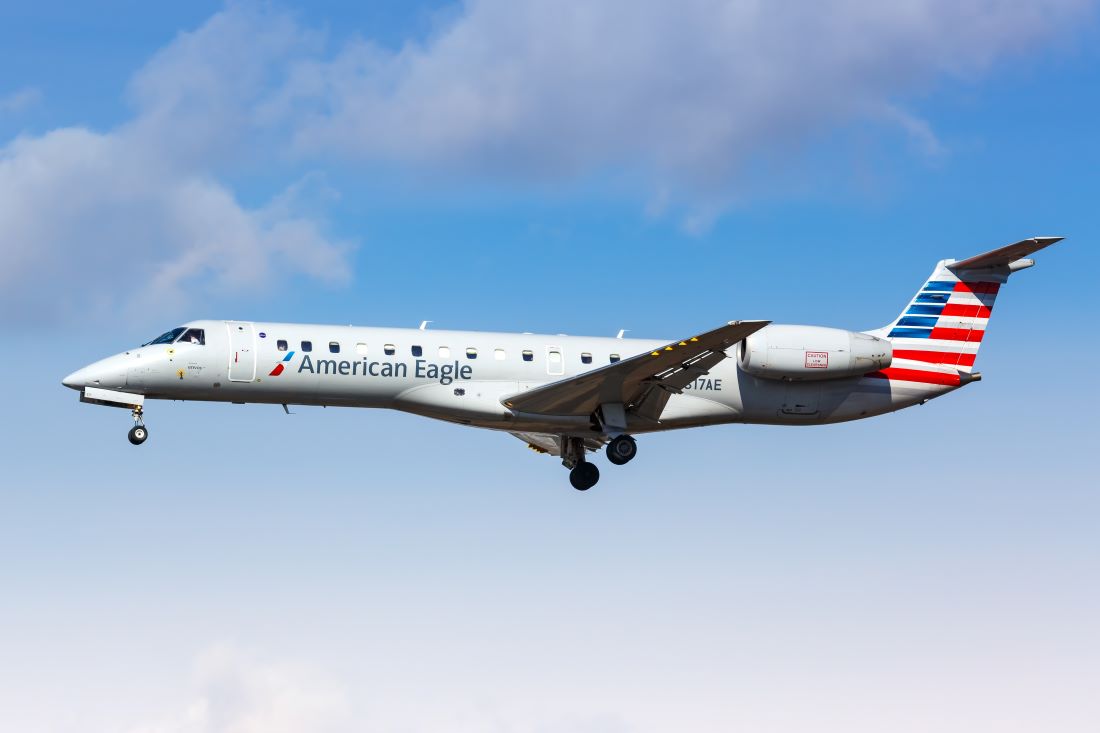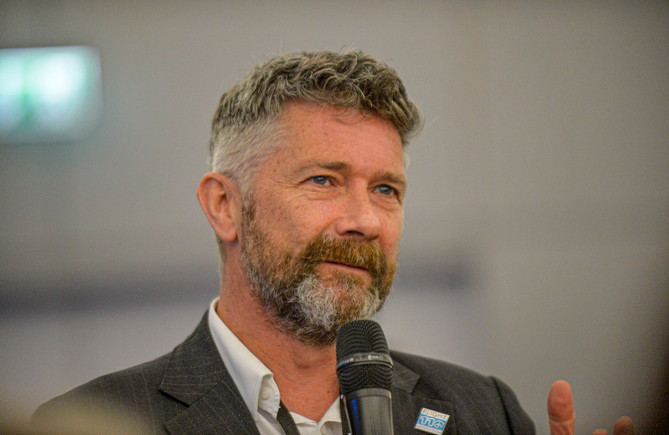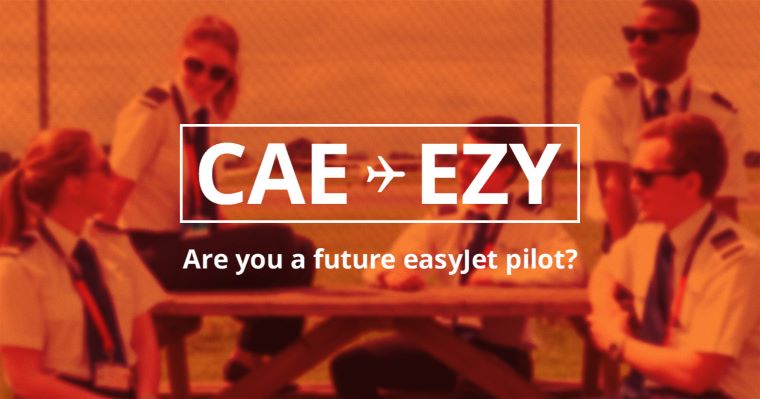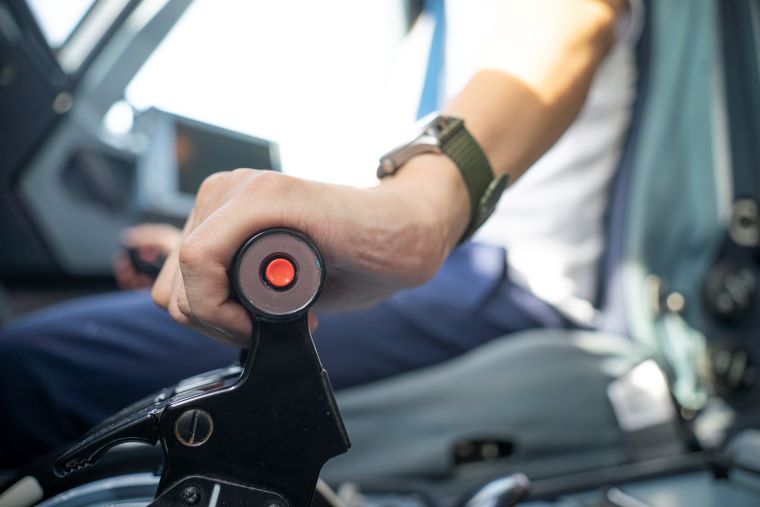The ‘most lucrative time’ to become a pilot

“There has never been a more lucrative time to be an airline pilot.” Those are the words of Ric Wilson, a vice-president with American Airlines regional subsidiary Envoy Air, which, along with sister airlines Piedmont and PSA, is offering $100,000 signing bonuses to cockpit recruits.
It comes as US airlines continue to face a recruitment challenge – the result of a wave of retirements during the pandemic at one end, and fewer younger pilots joining regional airlines, the traditional route into the majors.
The latter is partly due to the Federal Aviation Administration rule, introduced after the fatal Colgan Air crash in 2009, which bans those with fewer than 1,500 flying hours from piloting a commercial airliner.
However, traditionally meagre salaries in the sector have also deterred some from entering a profession that requires a substantial investment of time and cash to train and quality. Funnily enough, $100,000 is roughly the amount needed to obtain a pilot’s licence.
The Regional Airline Association recently warned that the US industry is short of 8,000 pilots, resulting in many communities losing air service. This is not through lack of demand, or equipment, but because there is no one to fly the aircraft.
Like most things in this world, it ultimately comes down to supply and demand. Signing-on bonuses and other incentives are because the industry – or at least some of it – is finally accepting the realities of the market for talent, even at the cost to the bottom line.
China has long been one of the most exciting markets for Western aircraft manufacturers, and remains so, despite the challenges of the country’s zero-Covid policies. However, time was its investors were also welcomed with open arms into domestic industries.
In the past decade, Chinese companies have bought a succession of firms in the aerospace supply chain making everything from airliner seats to structural components. They also picked up general aviation brands Diamond in Austria and the USA’s Cirrus.
However, the diplomatic relationship with Beijing has soured in recent years, and this distrust has fed into aerospace. This week a US court sentenced a Chinese national to 20 years in prison for attempting to steal trade secrets relating to composite materials from GE Aerospace.
According to the Department of Justice, Yanjun Xu recruited employees who would travel to China – under the pretext of an academic study – and hand over information. The scheme, which investigators thwarted, had the full support of the Chinese government, suggests the DOJ.
The intellectual property related to GE’s composite aircraft engine fan module, a technology no other company in the world has been able to match, according to the department. A court found Xu, a “career intelligence officer”, guilty last year.
The launch of the Artemis 1, part of NASA’s plan to return humans to the Moon, captured the headlines this week, but in the UK has also been making small steps towards becoming a centre for the growing space launch industry.
Newquay airport in Southwest England has secured the country’s first spaceport licence. Unlike other launch sites, including the Shetland Islands, Spaceport Cornwall will specialise in horizontal launches, using the runway for platforms such as Virgin Orbit’s modified Boeing 747-400.
Virgin Orbital’s jumbo takes off conventionally, and releases its launch vehicle at cruising altitude. That then carries the satellite into low earth orbit. Spaceport Cornwall says it is ready to host the nation’s first orbital space launch in the next few months.
Finally, we wrote last week about the out-of-production Airbus A380 making an unlikely post-Covid comeback with some airlines. Singapore Airlines, which operated the A380’s very first commercial flight in 2007, will not be among them, even though it plans to continue operating the superjumbo.
SIA has orders for 31 of Boeing’s new 777-9 long-haul flagship, but it will not receive the first of these until 2025, two years later than planned. However, rather than filling the gap with surplus A380s – six of its fleet of 17 are in storage – it says it will instead reinstate parked 777-300ERs.
welcome aboard the new airside
We took our community to the next level with an elevated look, innovative features, and new tools.



